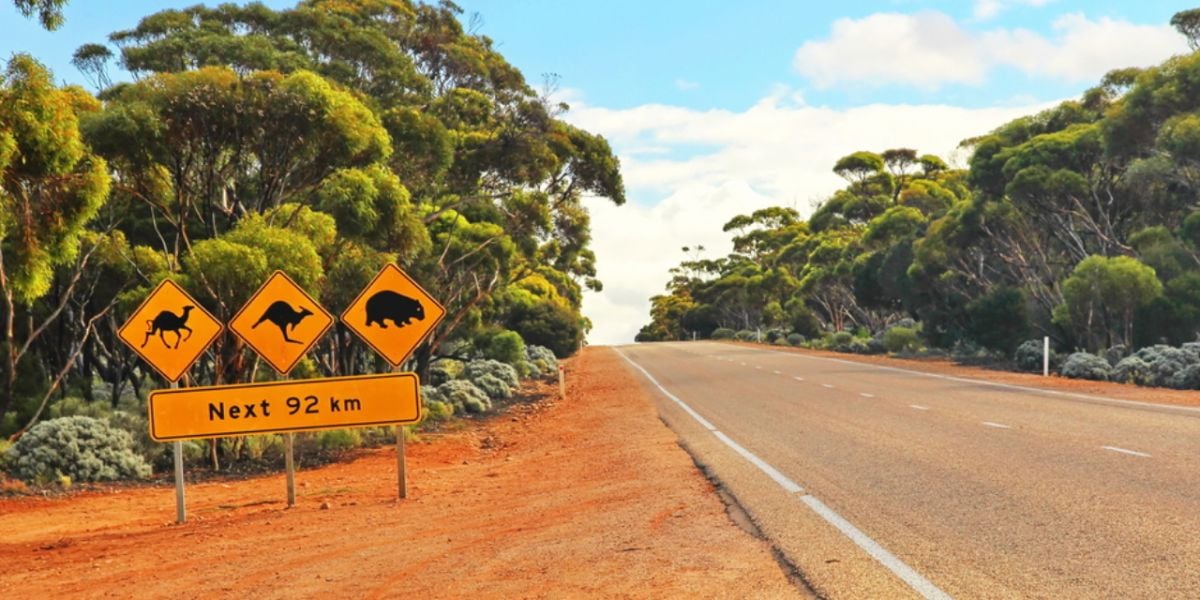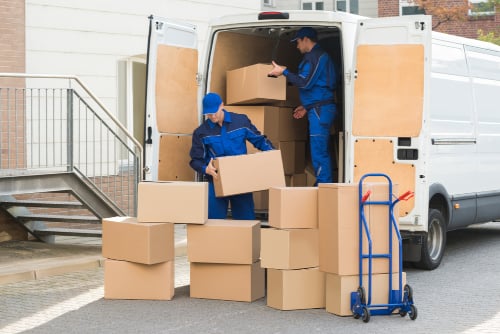
Packing up your house and moving to another country is a huge undertaking. And if you're moving Down Under, your prized possessions will no doubt have quite the distance to travel! Therefore, it's a good idea to think long and hard about what you really need to take with you. Engaging an expert international shipping company will ease the stress of the move and help guide you on the best solution for your possessions.

When it comes to what to take, firstly, consider whether you are traveling on a temporary or a permanent visa. Then weigh up the value of your items and the cost of shipping them to Australia versus replacing them when you get there. And if your move is temporary, what are the fees for storing your things until your return?
Organize your move to Australia
Select your relocation company
Firstly, it's imperative to do your research. It's essential that you select a trusted relocation company with a proven track record in overseas shipping. This is a step not to be taken lightly, knowing that quality service comes at a price.
Before you start sourcing quotes, create a list of all your items that require special handling, such as glassware, mirrors, artwork, valuable and fragile items, and family heirlooms. Specify whether you will be dismantling furniture or packing items yourself, and what the removalists will be responsible for. Once you have finalized your list, start contacting moving companies with expertise in international shipments. A great place to start is with FIDI, the largest global alliance of international removalists, which has members in more than 100 countries worldwide.
When contacting moving companies, schedule a time to discuss their services in detail to ensure you understand precisely what is included in their quote so as to avoid any unpleasant surprises. When researching reputable companies online, reading the comments and reviews left by previous customers and other expatriates will help to inform your decision.
Also, keep in mind that due to Australia's location, shipping your belongings may be more expensive than purchasing new items of furniture or clothing upon arrival. If you are moving temporarily, it might be cheaper to keep your furniture in storage — or even sell it and buy new items when you get here. Therefore, take stock to determine the best strategy for your relocation to Australia. Investing in an expat relocation service could also provide a more stress-free and streamlined move, as they will take the lead and guide you through every step of the process.
How to make an accurate cost estimate
As far as the cost of relocating internationally is concerned, there are several key points to consider, including:
- Departure address, where the movers will pack and load your belongings,
- Destination address in Australia, where the movers will unload your belongings (rural and remote areas may increase the price),
- Volume or total weight of your belongings,
- Means of transportation (by plane, train, truck, boat),
- Nature of services, conditions, damage insurance,
- Price and payment plans.
Important:
Make sure you understand the terms and conditions of your contract with the removalists. Typically, moving companies unload the goods directly at the destination address; however, some may use warehouses, leaving you responsible for retrieving your belongings. This may result in additional charges.
How to protect your belongings during your relocation to Australia
Create a comprehensive inventory of your belongings to establish a ‘Declaration of Value,' a crucial document that determines the amount of compensation you will receive in the event of loss or damage to your property.
Complete the ‘Declaration of Value' yourself. In it, specify the overall value of your property, including family heirlooms and priceless pieces, and make sure to photograph each item as well. Carefully read the terms and conditions of your policy to learn more about the transportation and handling of valuables. Your declaration is particularly important for insurance purposes because, without it, no estimate can be made. Consequently, the carrier will offer you damage insurance. This insurance will automatically cover any unforeseen damage to your goods during transportation up to the value indicated in your declaration. The cost of the insurance is dependent on the overall value of your goods, and the moving company must issue you with an insurance certificate.
You must also sign the ‘Bill of Lading', which is a document that is issued by the removalist or ‘carrier' and is the most important document throughout the whole removal process. You must sign the document when the movers arrive to pick up your belongings and then when your items arrive at their final destination. The ‘Bill of Lading' specifies the terms of the contract, the mode of transportation, the volume or weight carried by the moving company, the name and address of the customer, and the name and address of the carrier. You may also be required to sign a ‘Waybill,' which is different to a ‘Bill of Lading.' Although they usually contain some of the same information, a ‘Waybill' is more like a tracking document or a receipt. Also note that for moving payment plans, a deposit is typically paid before loading, and the balance is paid upon delivery.
Important:
Generally, carriers process customs documents (customs clearance, etc.) on behalf of their customers. For added security, choose a carrier affiliated with FIDI (International Federation of International Movers).
Things you can and cannot bring to Australia
Australia is an island nation with strict quarantine requirements. Authorities may refuse certain items due to national biosecurity laws. The list includes certain plants, products made from plant-based materials and different types of food. For more information on restricted items, visit the Australian Border Force website.
You can also check out this Victorian Government Departure Relocation Checklist, which has been compiled based on the experiences of past migrants to Australia.
We do our best to provide accurate and up to date information. However, if you have noticed any inaccuracies in this article, please let us know in the comments section below.








